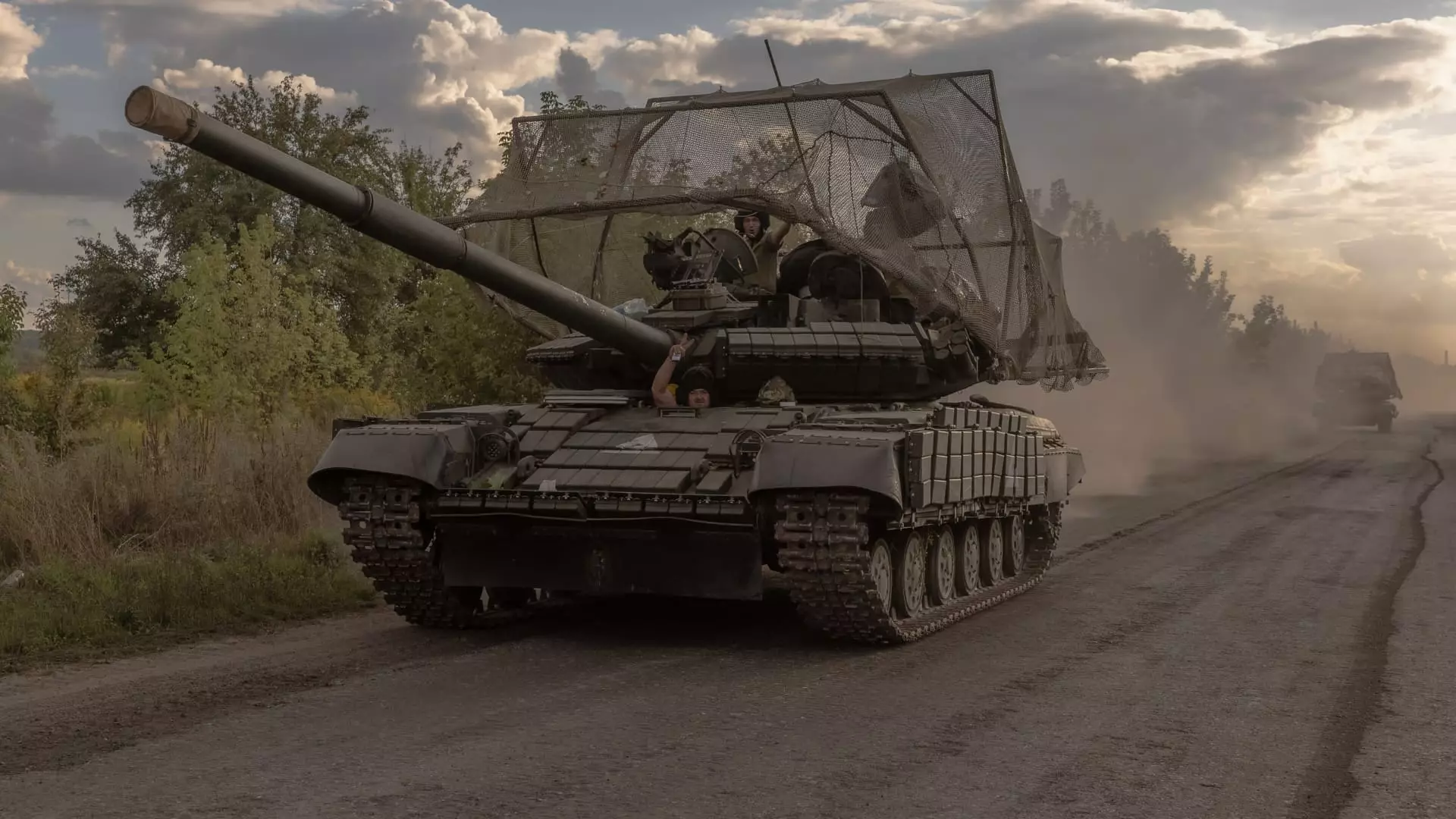As the clouds of conflict loom ominously over Eastern Europe, the European Union finds itself at a critical juncture. The EU leadership’s anticipated announcement this week regarding defense financing marks a crucial moment where proactive measures are no longer optional but obligatory. With global tensions escalating and the war in Ukraine underscoring the fragility of the status quo, the time to bolster military capabilities has never been more pertinent. Europe can no longer remain passive in the face of aggression. It must take concrete steps to secure not only its borders but also its autonomy and identity in an increasingly multipolar world.
The forthcoming defense strategy discussions come on the heels of notable friction between European leaders and the United States. The clash was epitomized by Vice President JD Vance’s reprimanding of European leaders in February, highlighting a rift that threatens to undermine collective security efforts. This tension was further exacerbated by President Trump’s disparagement of Ukraine’s President Zelenskyy, suggesting that Europe is “gambling” with the potential for a broader conflict. As transatlantic relations strain under the weight of political posturing, the EU must remain steadfast in its commitment to Ukraine and, by extension, to its own security. Leaders in Europe should recognize that their alliance with the U.S. cannot solely rest on outdated frameworks; now, it’s about reinforcing independence amid an unpredictable geopolitical landscape.
A recent report from Brussels-based think tank Bruegel emphasizes the dire need for increased military expenditures—a staggering estimate suggests Europe may require an additional 250 billion euros in annual defense spending to effectively deter threats from Russia. This alarming figure places immense pressure on EU leadership to devise a sustainable financial framework that can accommodate such investments without undermining national budgets. The proposed adjustments to EU fiscal rules should effectively pave the way for greater flexibility in defense spending, enabling member states to allocate resources that enhance collective security. However, this leap into aggressive military financing should be orchestrated with vigilance; a balanced approach ensures that defense does not overshadow essential public investments in health and social welfare.
One compelling aspect of this critical discourse is the potential introduction of collective borrowing for defense initiatives, echoing the unprecedented borrowing taken during the COVID-19 pandemic. While this notion opens avenues for generating robust funding channels, divisions among member states underscore the complexity of such decisions. Fiscally conservative nations advocate for more traditional funding methods, wary of turning to what they perceive as uncharted and risky financial territory. Yet, the question remains: Can Europe afford not to act collectively? As geopolitical storms gather, a unified approach to defense financing may be the cornerstone of sustainable security infrastructures.
Financial markets have swallowed these developments as part of broader trends in military spending, evident from a marked increase in the European Stoxx Aerospace and Defense index. Investors eagerly await the announcement of robust funding mechanisms, betting on the potential rise in defense spending. While the rising tide of military investments may seem like a boon for certain sectors, it is imperative that stakeholders critically assess the ramifications of military prioritizations over social programs. In a time when the European populace demands comprehensive approaches to climate change, public health, and economic equity, defense funding should not overshadow these pressing needs.
The way forward for defense financing should prioritize solidarity and unity across Europe, transcending national rivalries and differences. The war in Ukraine serves as a grim reminder that the destiny of each member state is intertwined. European leaders must embrace a philosophy that extends beyond rhetoric and manifest in actionable strategies. As they converge in Brussels, it is essential that EU leaders arrive with a unanimous resolve to fortify collective resilience, paving the way for an empowered and cohesive defense posture that safeguards both peace and values.
In this precarious epoch of uncertainty, the call to action echoes louder than ever. European leaders must provide a blueprint, one that guarantees not only immediate responses to threats but also champions long-term investments that speak to the continent’s shared commitment to sovereignty, democracy, and international law.


Leave a Reply